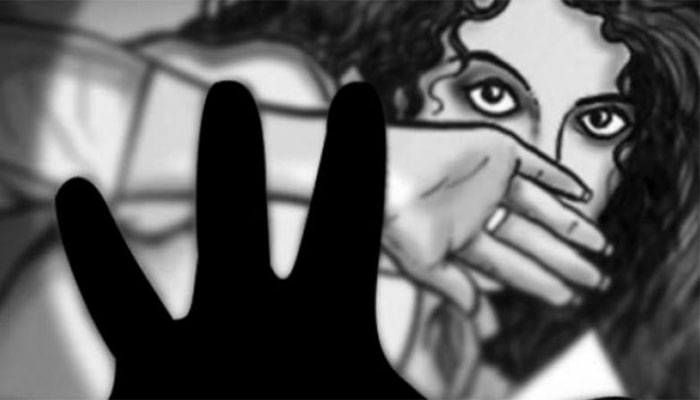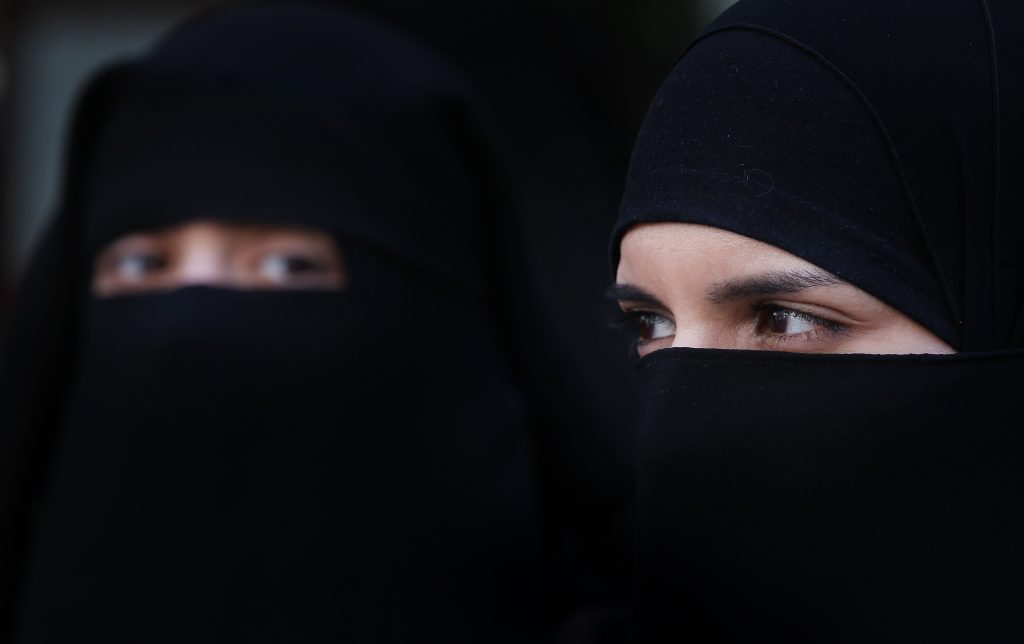When an armed group attacked “Irène’s” home in the Central African Republic, fighters shot her husband in both legs as he tried to flee, and tied their five-year-old daughter to a post when she began to cry. “Irène,” 36, held her palms over her eyes as she told me of the brutal assault by the Seleka UPC, a main party to the country’s ongoing conflict, during a May attack on Alindao, in the southeast.
“Their leader said, ‘Me, I’m going to sleep with her husband,'” she said. “When I lowered my head, he told me to lift my head and watch.” The leader proceeded to rape him. Others carved their names into her husband’s arms with a knife, and ultimately shot him in the head.
A fighter raped Irène, then shoved a piece of clothing inside her “to clean out where the first man had been” before a second man raped her. “I didn’t know what to do but scream,” she said.
The Seleka also killed her daughter. “One [fighter] said, ‘Why is the child crying like that?’ I heard them shoot the child,” Irène remembered. “I heard them fire, and then it was silent. I didn’t hear her anymore.”

Human Rights Watch interviewed more than 300 women and girls in the Central African Republic who had been held as sexual slaves or raped and tortured by members of armed groups between early 2013 and mid-2017. Many of their stories were like Irène’s: most survivors described rapes by multiple men–sometimes 10 or more during a single incident. Fighters beat and whipped women and girls, tied them up for long periods, burned them, and threatened them with death. They held women and girls as sexual slaves for up to 18 months.
The United Nations Secretary-General Antonio Guterres will visit the Central African Republic this week and, hopefully, help put the war-torn country – where displacement has again reached record levels and approximately half the population relies on humanitarian aid – back on the world’s agenda.
Guterres has already pledged to meet with survivors of sexual exploitation and abuse by peacekeepers, which has garnered horrified interest as more allegations come to light. His attention to the issue, and commitment to speak directly with survivors, is welcome and demonstrates important support for improved prevention of and greater accountability for sexual abuse and other crimes by peacekeepers, such as the killings of civilians by troops from the Republic of Congo, which Human Rights Watch documented.
Irène wept and trembled as she recounted the attack on her and her family. Like many of the survivors we interviewed, she did not get immediate post-rape medical care or any mental health support. Though she eventually went to a hospital after arriving in the capital, Bangui, Irène said she did not have the money to pay for medical tests, including for HIV or other sexually transmitted illnesses, and was too afraid of stigma to tell health workers what had happened.
“I was ashamed to explain what I had lived through – having seen them rape my husband in front of me,” she said. Given the numbers of survivors we met who said relatives abandoned them or community members taunted and humiliated them following rape, Irène’s concerns are well-founded.
But shame, lack of accessible services, and cost of services and transport to facilities are keeping women like Irène from getting the care they need and deserve. |When I met Irène in August, three months after the rape, she still endured both physical and emotional trauma. “I have pain in my pelvic area, like there is a big wound inside,” she told me. “When my kids are with me, I see them and it’s like I’m reliving the violence.”
While in the Central African Republic, we hope the Secretary-General will meet survivors like Irène to listen to their stories and understand the urgent need for better access to medical care, psychosocial support, and justice. These women and girls hope for help to rebuild their lives, and to fight impunity for rape and other potential war crimes. “I want justice to do its work against the attackers,” said Irène. “[The justice system] must put them in prison.”
The recently established Special Criminal Court, a hybrid court integrated into the national justice system, can help to break the cycle of impunity, and Secretary-General Guterres should call for sustained financial, logistical, and political support for the court, along with the overall Central African justice system.
The Special Criminal Court, if appropriately resourced and supported, could provide a measure of justice to women like Irene and to the victims of the many other conflict-related atrocities Human Rights Watch has documented since early 2013, including killings of civilians and widespread destruction of villages.
Secretary-General Guterres has a critical opportunity to highlight the widespread use of sexual violence as a weapon in the conflict, and what should be done to strengthen prevention and response. As the country enters its fifth year of conflict, armed groups continue using rape to punish and terrorize women and girls across the country. It’s time the world pays attention.

